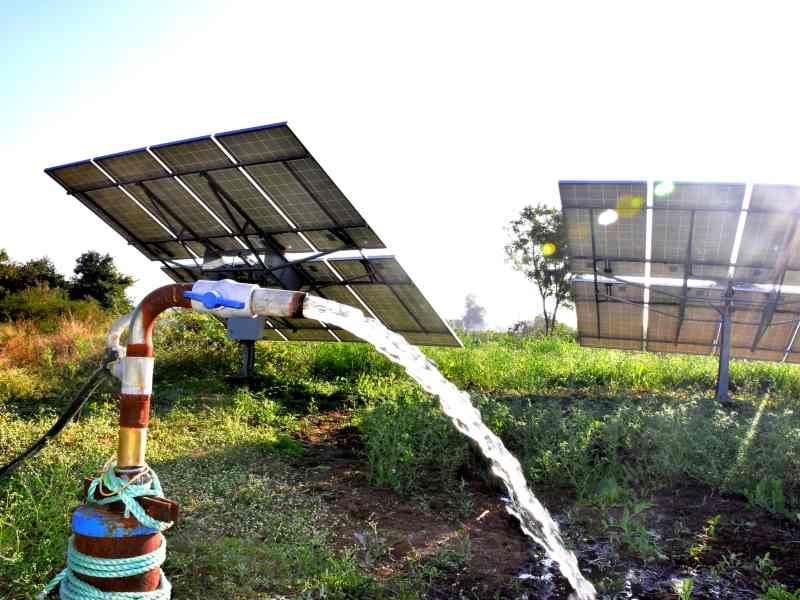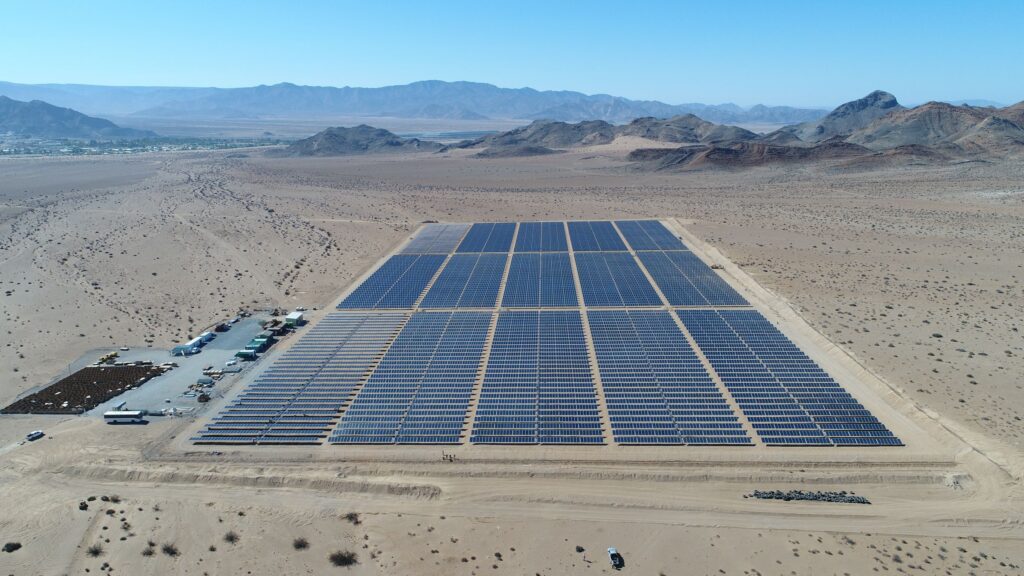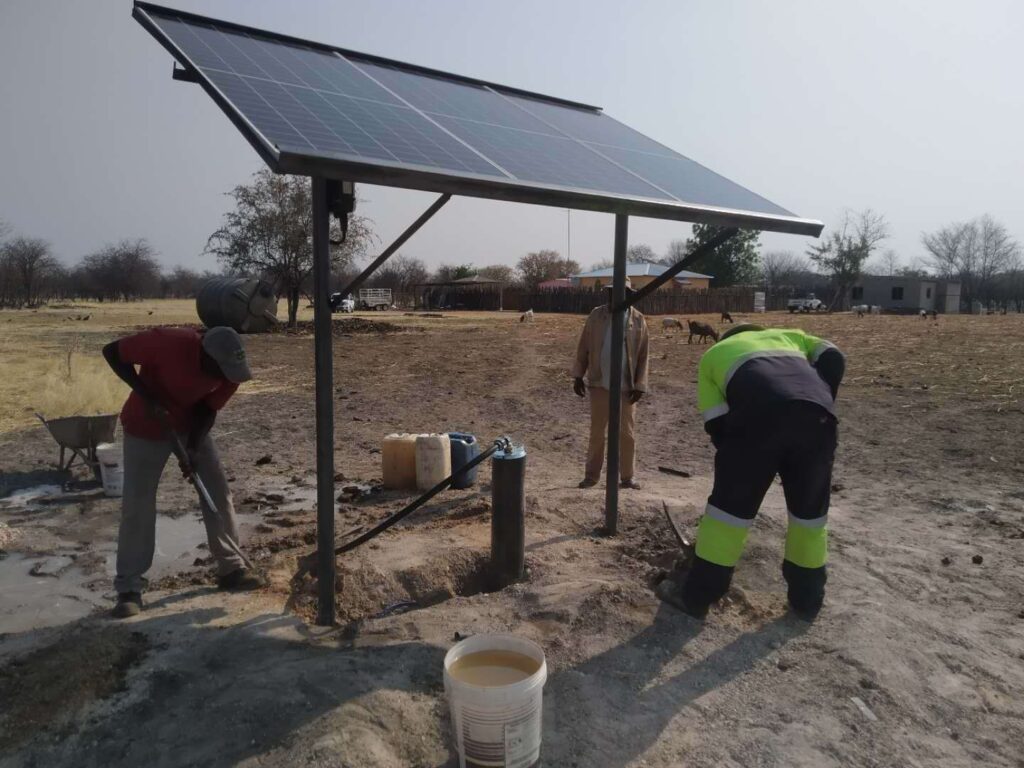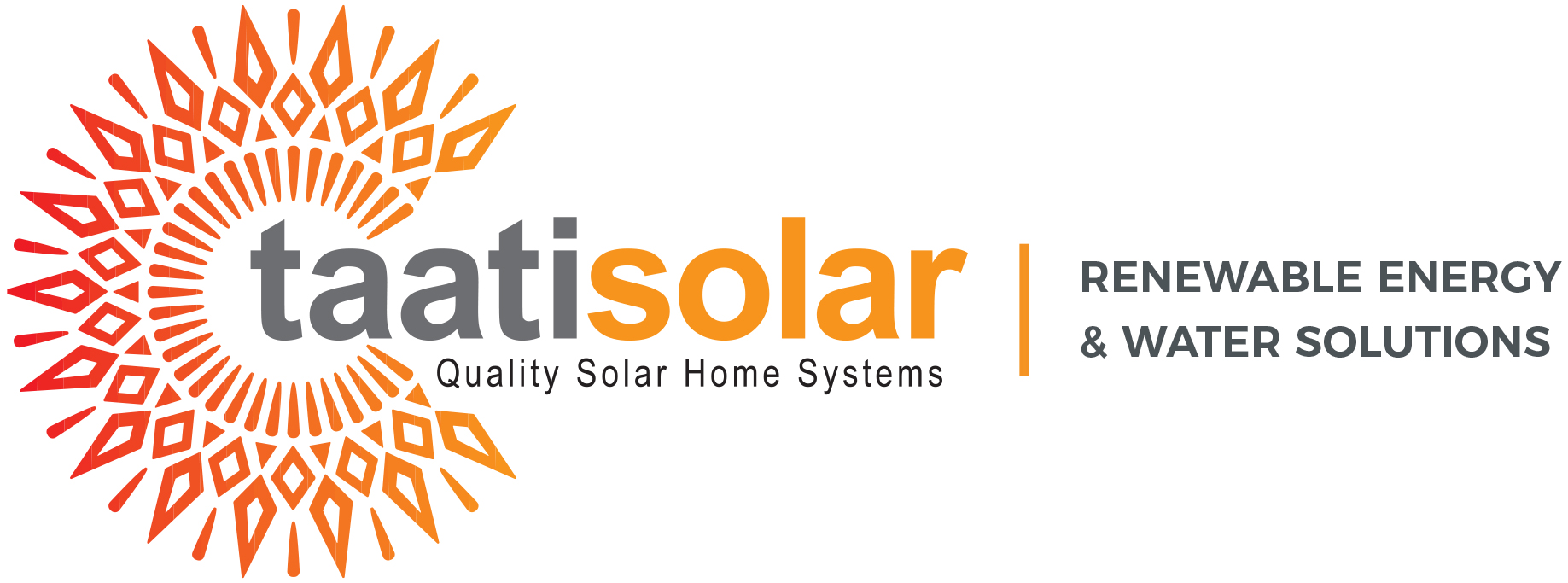A Vision for 2030 in Line with the Harambee Prosperity Plan

The future of solar energy in Namibia is promising. The nation is positioned to become a global leader in solar technology by 2030, with the ability to significantly improve the lives of its people and spur economic expansion.
Solar energy has the potential to be a sustainable and reasonably priced source of power in both rural and urban locations. Solar energy can fill the energy gap and enhance the quality of life for locals in rural locations where there is limited access to dependable electricity. For instance, solar-powered water pumps can supply rural areas with clean drinking water, and solar-powered freezers can help preserve food and cut down on food waste. Additionally, solar energy can run hospitals and clinics, giving locals access to essential services.

Solar energy can lessen dependency on fossil fuels and assist to slow down the consequences of climate change in metropolitan areas. Solar energy can be produced for houses and businesses using solar panels installed on parking lots and roofs, which lowers energy bills and carbon emissions. Additionally, using solar-powered buses and trains helps lessen air pollution and enhance the health of urban residents.
However, the advantages of solar energy go beyond increased energy access and environmental sustainability. The poor, who frequently suffer from energy poverty and are most susceptible to the effects of climate change, may also gain from solar energy. Solar technology can assist in removing people from poverty and enhancing their economic possibilities by giving them access to affordable and dependable energy.

Furthermore, it is anticipated that the expansion of Namibia’s solar industry would lead to the creation of new jobs and economic expansion. A competent workforce will be needed for the production, installation, and maintenance of solar panels and related equipment, opening up new job and entrepreneurial opportunities. Additionally, it is anticipated that the expansion of the solar business will draw in investment and boost economic activity, aiding in the general economic development of the nation.
Namibia’s expanding solar business does, however, come with some difficulties, particularly in relation to solar waste. Batteries and solar panels must be appropriately disposed of once their useful lives are through in order to protect the environment. Solar waste management involves specific expertise and infrastructure, and it must be handled properly to prevent harm to the environment and the general public’s health. The solar business can, however, reduce the negative effects of solar waste and help Namibia move toward a more sustainable and prosperous future with careful planning and investment.

In conclusion, Namibia’s use of solar technology appears to have a bright future. Solar energy has the potential to increase energy access, lessen climate change, help the underprivileged, provide new jobs, and boost the economy by 2030. To avoid detrimental effects on the environment and the general public’s health, the solar industry’s expansion must be properly monitored. Namibia can harness the full power of solar energy and create a more sustainable and prosperous future for all with the right planning and investment.
